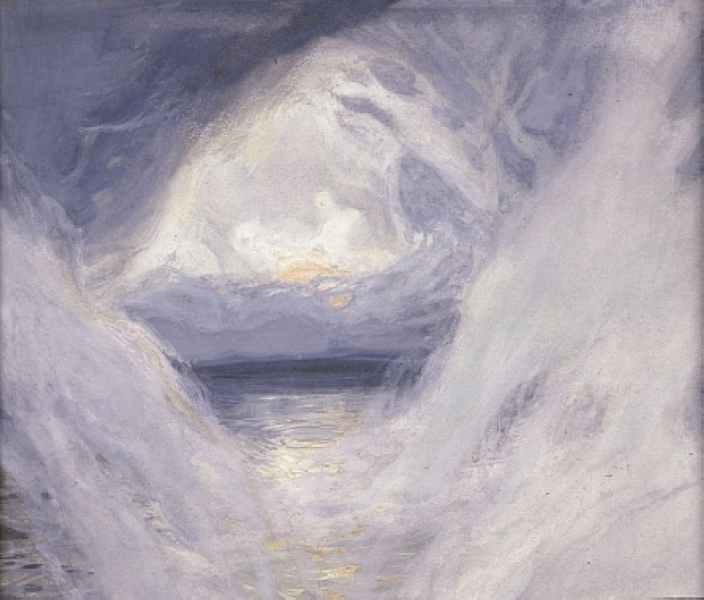
By Jeff Benner, 20+ years teaching Biblical Hebrew and Bible interpretation.
The Hebrew style of writing in the first creation account (Genesis 1:1-2:4) is very different from the style written in the second account (Genesis 2:5-3:24) and it indicates that they were written by two different people. While it is a common understanding within Christianity and Judaism that the Torah (the first five books of the Bible) was written by Moses, there is no indication of this in the Bible. In fact, there are passages in the Torah that could not have been written by Moses, such as the account of his death (Deuteronomy 34:5-12).
While the two creation accounts are different, they do not contradict each other as many have proposed. The misunderstandings of the text comes from reading the Bible from a Modern Western perspective, rather than from an Ancient Eastern perspective (Ancient Hebrew Thought) and these two forms of philosophy are as different as night is from day.
The creation account of the first seven days is not meant to be taken literally; it is a poem that is written in perfect Hebrew poetry (Poetry in the Hebrew Bible). While Modern Western writing uses “Step Logic” (recording events chronologically), Ancient Hebrew writing uses “Block Logic” (recording events according to action and purpose). Genesis 1 is not meant to be read chronologically, but according to action and purpose.
The first set of three days (Genesis 1:3–13) is about dividing the creation and the second set of three days (Genesis 1:14–31) is about filling the creation.
Day 1 – Dividing light and dark / Day 4 – Filling the Light with the sun and the dark with the moon
Day 2 – Dividing water and sky / Day 5 – Filing the water with fish and the sky with birds
Day 3 – Dividing water and land / Day 6 – Filling the land with creatures and man
While the first creation account focuses on the whole of creation, the second account focuses on man and his relationship with the creation.